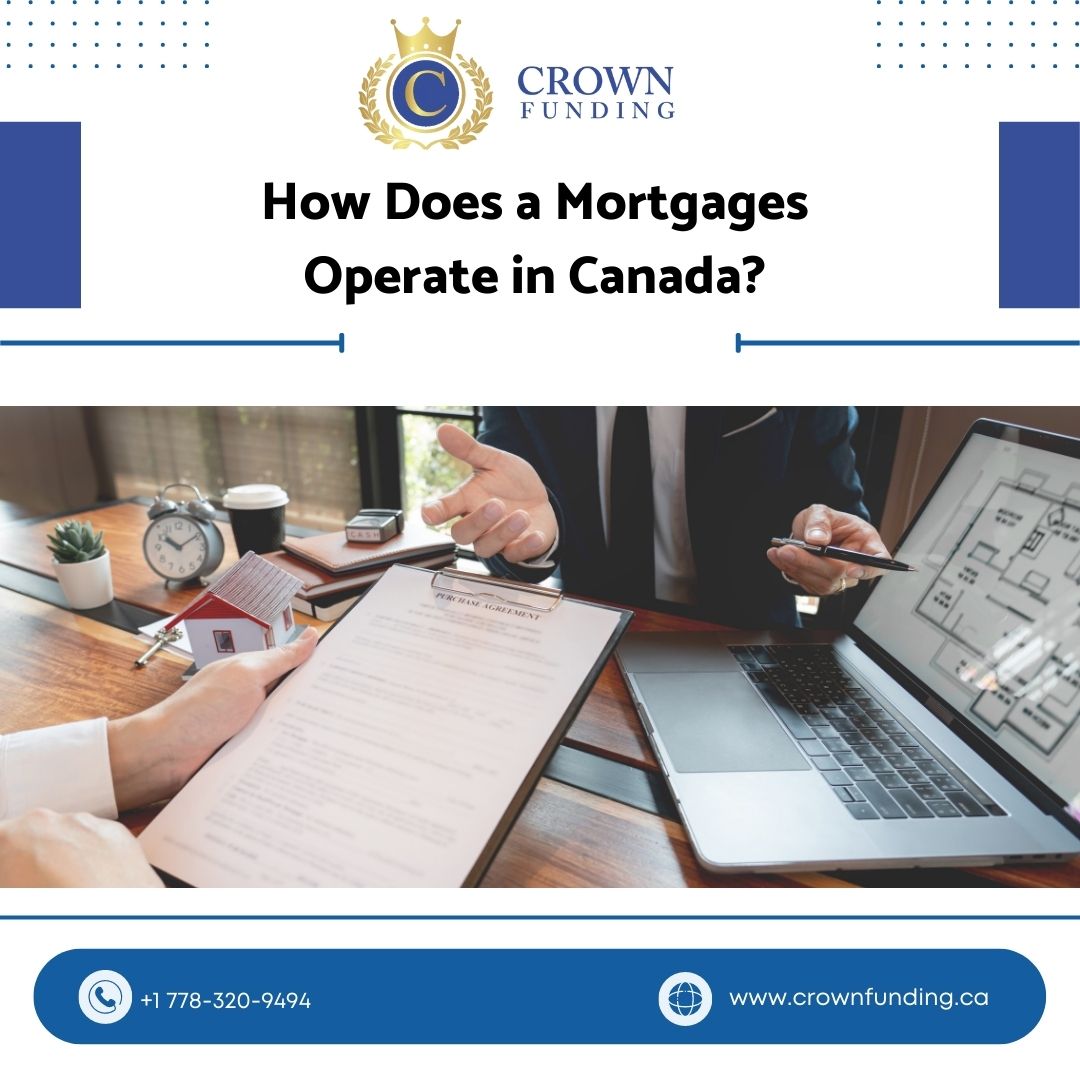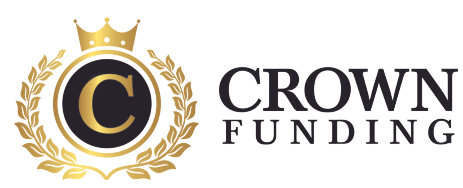
How Does a Mortgages Operate in Canada?
A mortgage is a loan used to purchase a house. You own the home outright once it is paid off. Anyone who is purchasing a property will require a mortgage. How do mortgages operate in Canada, is the question. It’s an easy-to-understand financial product, but the variety of alternatives and interest rates can perplex others. You’ll want to ensure that you are familiar with mortgages because buying a home will probably be the most significant expenditure of your life.
How does a mortgage work?
A mortgage is a loan designed specifically for the purchase of a home. Most people will need more cash to pay for a home outright. Therefore they will require a mortgage from a financial institution or a private lender to help pay the balance. Once you’ve got a mortgage, you’ll make payments according to a predetermined timetable. Every mortgage is unique, but all have standard components you should know and understand.
Rates of interest
The interest rate is usually the first thing that comes to mind when considering mortgages. The interest rate represents the cost of borrowing.
The current interest rate is 2%. For every $100 borrowed, you would pay $2. Other factors come into play, so this is a straightforward response, but you get the idea.
Borrowing is less expensive when interest rates are low. That means you might borrow more money. On the other hand, if interest rates rise, so will your monthly payments, limiting how much home you can purchase. Lenders base their interest rates on the Bank of Canada’s prime rate.
Mortgage Types
There are two types of mortgages available: fixed and variable. The interest rate on a fixed-rate mortgage remains constant throughout the period. You’re essentially locking in your rate, so you’ll always know how much you’re paying.
Variable-rate mortgages provide a discount (e.g., prime minus X%), implying that you will pay less than current fixed rates. If interest rates decline, you will save even more. If interest rates rise, you may pay more than you would with a fixed-rate mortgage. However, some lenders will allow you to convert your variable-rate mortgage to a fixed-rate mortgage, so you have options.
Closed and open mortgages
Aside from fixed and variable rates, it would help if you also chose between closed and open mortgages. Most homeowners will choose a closed-term mortgage because it allows them to take advantage of lower interest rates. The trade-off is that you will be penalized if you want to renegotiate your mortgage or pay off the balance before the term ends. On the other hand, closed-rate mortgages may include prepayment privileges that allow you to make additional payments without penalty.
Amortization period and term
Mortgages are typically large and must be repaid over a long period. This is referred to as the amortization period. Most new homeowners will receive a mortgage with a 25-year amortization period, but in some cases, a 30-year amortization period is available. A more extended amortization period reduces your monthly payments while increasing the total amount of interest you pay over the life of the mortgage.
You generally reduce your amortization period when renewing your mortgage because you have accumulated some equity.
Your mortgage term is the length of your mortgage contract with a lender lasts. The most common term length is five years, but times can range from one to ten years. A longer-term will cost more, but the rate will be fixed. A short term is appealing because of the lower rates, but when your term expires, you must renew at whatever rates are in effect at the time.
Payment Frequency
You have several payment frequency options when setting up your mortgage. What you choose will determine how much you pay and how frequently you pay. Your mortgage payment options are as follows:
- Monthly: Payments are made once a month.
- Bi-weekly: Multiply your monthly payment by 12 and divide by 26. That payment is made every other week.
- Bi-weekly acceleration: Your monthly payment is split in half and paid every other week.
- Weekly: Your monthly payment is divided by 52 and multiplied by 12. Every week, you make that payment.
- Weekly accelerated: Your monthly payment is divided by four and paid weekly.
Many homeowners find that making a monthly or bi-weekly payment helps them balance their budget. However, you are making additional payments if you set an accelerated payment schedule. That means you’d be able to pay off your mortgage faster.
Mortgage eligibility requirements
Lenders look for three major things when you apply for a mortgage. It would help if you were approved as long as you have the following:
- A good credit score. Lenders want to make sure you’re creditworthy.
- A down payment is required. To qualify for a mortgage, you must have at least 5% of the purchase price saved.
- Income security. A letter of employment demonstrates that you have a consistent income and will be able to make mortgage payments.
Even if you meet only some requirements, you might still have options. Some lenders will work with borrowers with poor credit, but you may have to pay a higher interest rate. Individuals who are self-employed or have a low income may still be able to obtain a mortgage, but they may need to prove their income or get a co-signer.
How much mortgage can I afford?
When determining how much you can borrow, most lenders use two calculations:
- GDS (Gross Debt Service) Ratio. Your GDS includes housing costs such as your mortgage, heat, condo fees, and property taxes. The amount should be at most 32% of your pre-tax income.
- Total Debt Service (TDS) Ratio. Adding additional debt payments, such as student loans and credit card debt, to your GDS yields your TDS. Lenders want you to spend at most 40% of your pre-tax income here.
While these ratios are a good estimate, it’s important to remember that when determining how much you want to borrow, you should also consider any other goals you may have. Retirement savings, vacations, and even the cost of having children should all be factored into your budget. If you take out a larger mortgage, you may be stretched thin when other expenses arise.
Choosing a mortgage is not something to be taken lightly. You must consider your options and determine which lenders have the best deals. If you have any further questions, contact a mortgage specialist at your financial institution. Alternatively, consider getting a mortgage broker who can shop on your behalf.
